Visit to Assisi
Monsignor Domenico Sorrentino’s “disclosures” on the pilgrimage of Pope Francis to Portiuncola on August 4, “pilgrim among pilgrims.” A surprise, which after his historical visit three years ago, draws an ideal link between Honorious III and Pope Francis, in the eighth centenary of the Pardon of Assisi. “We look forward to receiving him with joy. We honour his Magisterium, we pray for him and we feel he is especially ‘ours’”

“The Divine Providence always accompanies us and surprises us. Who could have imagined that for the 8th Centenary of the Pardon of Assisi we would have a Pope named Francis? How could we envision that this anniversary would coincide with the year devoted to Mercy?” Monsignor Domenico Sorrentino, bishop of Assisi, thus commented the private pilgrimage of Pope Francis, conveyed with a surprise announcement, to Portiuncola in Assisi, scheduled for August 4, the day in which the Franciscan family gathers for one of its most important events. “Circumstances such as this are awe-inspiring and make us perceive God’s plan.” The bishop continued with a sort of prophecy that concerns him directly: “My predecessor Theobald, in 1310, was fated to confirm, against critical voices, the indulgence of the Portiuncola that Francis had obtained from Pope Honorius III. Perhaps, in the current historical context, I will be fated to explain its meaning and relevance.”
“From Honorius III, who bestowed this gift to the Portiuncula, to Pope Francis, who comes to visit and receive this gift himself, the service of the Successor of Peter to the holiness of the Church glows in Portiuncula”, an advanced outline of the Pope’s visit: “”You are Peter, and on this rock I will build my Church and the gates of hell shall not prevail against it”, states the Gospel of Matthew: “Jesus never ceases to honour his promise”, commented the bishop, who for the 8th centenary of the Portiuncola Indulgence addressed a pastoral letter to the pilgrims and to the faithful of his diocese titled “Pardon of Assisi, the way of the Church.”
How is Assisi preparing to welcome the Pope for the second time, three years after his historical visit?
It’s thanks to the Providence that in this Year of Mercy Pope Francis has chosen to visit the Portiuncola, a pilgrim among pilgrims. We look forward to welcoming him with joy. We adhere to his magisterium. We pray for him. How could we but feel him particularly dear to us in Assisi, especially ‘ours’, the first Pope who bears the name of our Saint? His visit, as the one of October 4 2013, instils renewed thrust for our pastoral ministry.
Can the Portiuncola be described as not only a Franciscan but also a “Bergoglian” sacred site?
When he announced the Pardon, on August 2 1216, Francis exclaimed: “I want to send all of you to Paradise.” The Portiuncola thus became the door to heaven, open especially for the poor and the simple, a Home where the presence of God is perceived as a caress and stones convey the warmth of a motherly womb. The Indulgence was for Francis also a gift to the most humble and destitute, in a time when obtaining this spiritual benefit entailed expensive and long pilgrimages. Francis asked the Pope an indulgence “without alms.” Thus it was dedicated to all destitute ones! Even with the Portiuncula he was a defender and guardian of the poor. This chapel dear to him bears the inscription of his ideal, re-launched by Pope Francis: “A poor Church for the poor.” Upon receiving the Indulgence in Portiuncola it becomes clear that far from confining us into self-referential closures, it expands our heart. It encourages us to take action to build a fairer, fraternal and welcoming world. A world of peace.
The indulgence of the Portiuncola has a special bond with the Year of Mercy called by the first Pope in the history of Church who decided to bear the name of the “poor man of Assisi”…
An indulgence is a glimpse of heaven, it is a response to the need for joy in our hearts. It is connected to forgiveness: special pardon, superabundant forgiveness. The arms of the Father who, in the parable of Luke 15:11 – 32, embraces and kisses the son he believed he had lost, the invitation to celebrate, are offered to us every time we approach the sacrament of reconciliation. Profound, full forgiveness. What does indulgence add to all this? In order to understand it we need to reflect on the spiritual situation we plunge into through sin. Some of its consequences afflict us even when it has been pardoned.
Sin leaves painful “dregs” inside us. But sin isn’t only an evil act to be forgiven. It’s also an illness of the soul.
Just like physical infirmity, also spiritual infirmity is debilitating and it often has after-effects that must be treated. The Sacrament of Forgiveness remedies separation from God (for serious sins) or detachment from him (for venial sins). What remain are the shadows of the illness. If we fail to cure these shadows in life we will need to do so after death, in Purgatory. This led to the current practice of the Indulgence. Unfortunately its misuse in the course of history has caused strong reactions and debates. But in essence that ecclesial intuition, developed under the action of the Holy Spirit, remains an “added value” to penitential practice, bearing special significance in this Jubilee year called by Francis.
The Gift of the Indulgence is not a concession to avoid our duties. On the contrary! It’s an internal energy through which the Holy Spirit gives renewed strength to our commitment delivering us – if we follow him – from the residues of pardoned sins.